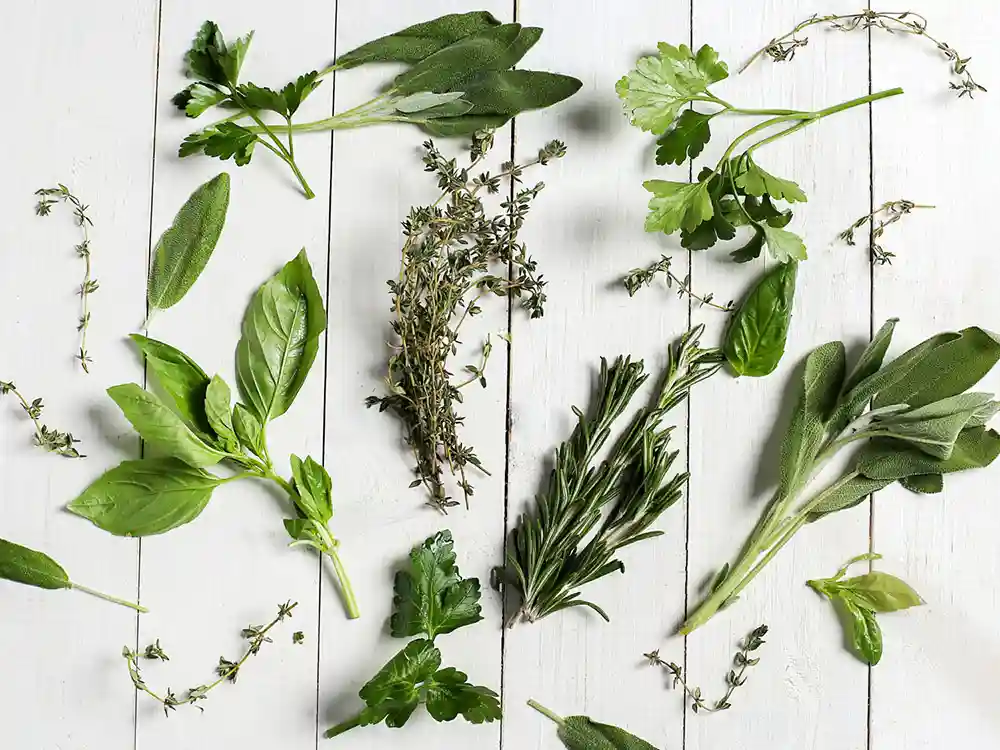One of the most popular and versatile herbs, basil, is known for its vibrant green leaves and distinct aroma. However, it can be concerning when you notice that your basil leaves are turning yellow. Yellowing leaves can be a sign of various issues that may affect the health of your basil plant. In this article, we will explore some common reasons why basil leaves turn yellow and provide tips on how to prevent and treat this problem.
Lack of Sunlight
One possible reason for yellowing basil leaves is a lack of sunlight. Basil plants thrive in bright, indirect sunlight. If your basil is not receiving enough light, the chlorophyll in the leaves may break down, causing them to turn yellow. To prevent this, make sure your basil plant is placed in a location where it can receive at least six hours of sunlight per day. If you are growing basil indoors, consider using a grow light to supplement natural sunlight.
Overwatering or Underwatering
Another common cause of yellowing basil leaves is improper watering. Both overwatering and underwatering can stress the plant and lead to yellow leaves.
Overwatering can cause the roots to become waterlogged, leading to root rot and nutrient deficiencies. Underwatering, on the other hand, can cause the leaves to dry out and turn yellow.
To prevent overwatering, allow the top inch of soil to dry out before watering your basil plant again. Ensure that the pot has proper drainage to prevent water from accumulating at the bottom. When watering, aim to keep the soil evenly moist, but not waterlogged. If you suspect underwatering, increase the frequency of watering and monitor the soil moisture levels.
Nutrient Deficiencies
Yellowing basil leaves can also be a result of nutrient deficiencies. Basil plants require a balanced supply of essential nutrients to thrive. Lack of nutrients, particularly nitrogen, can cause the leaves to turn yellow. To address this issue, consider using a balanced fertilizer for basil. Follow the instructions on the fertilizer package to avoid over-fertilization, which can also harm the plant.
Pests and Diseases
Pests and diseases can also cause basil leaves to turn yellow. Common pests that affect basil include aphids, spider mites, and whiteflies. These pests feed on the plant sap, causing damage to the leaves and leading to yellowing. Additionally, fungal diseases such as Fusarium wilt and downy mildew can cause yellowing and wilting of basil leaves.
To prevent pest infestations, regularly inspect your basil plant for any signs of pests and take appropriate measures to control them. This can include using organic insecticidal soaps or introducing beneficial insects to your garden. If you suspect a fungal disease, promptly remove any infected leaves and consider using a fungicide specifically formulated for basil.
Temperature and Humidity
Basil plants prefer warm temperatures and moderate humidity. Exposure to extreme temperatures, such as cold drafts or high heat, can stress the plant and cause the leaves to turn yellow. Similarly, low humidity levels can lead to leaf dryness and yellowing.
To maintain optimal temperature and humidity conditions, keep your basil plant away from cold drafts and ensure it is not exposed to direct heat sources. If you are growing basil indoors, consider using a humidifier or placing a tray of water near the plant to increase humidity levels.
Conclusion
Yellowing basil leaves can be a cause for concern, but with proper care and attention, you can address the issue and restore your basil plant’s health. Remember to provide adequate sunlight, water your basil plant correctly, ensure proper nutrient supply, prevent pest infestations, and maintain optimal temperature and humidity conditions. By following these tips, you can enjoy a thriving basil plant with vibrant green leaves.


